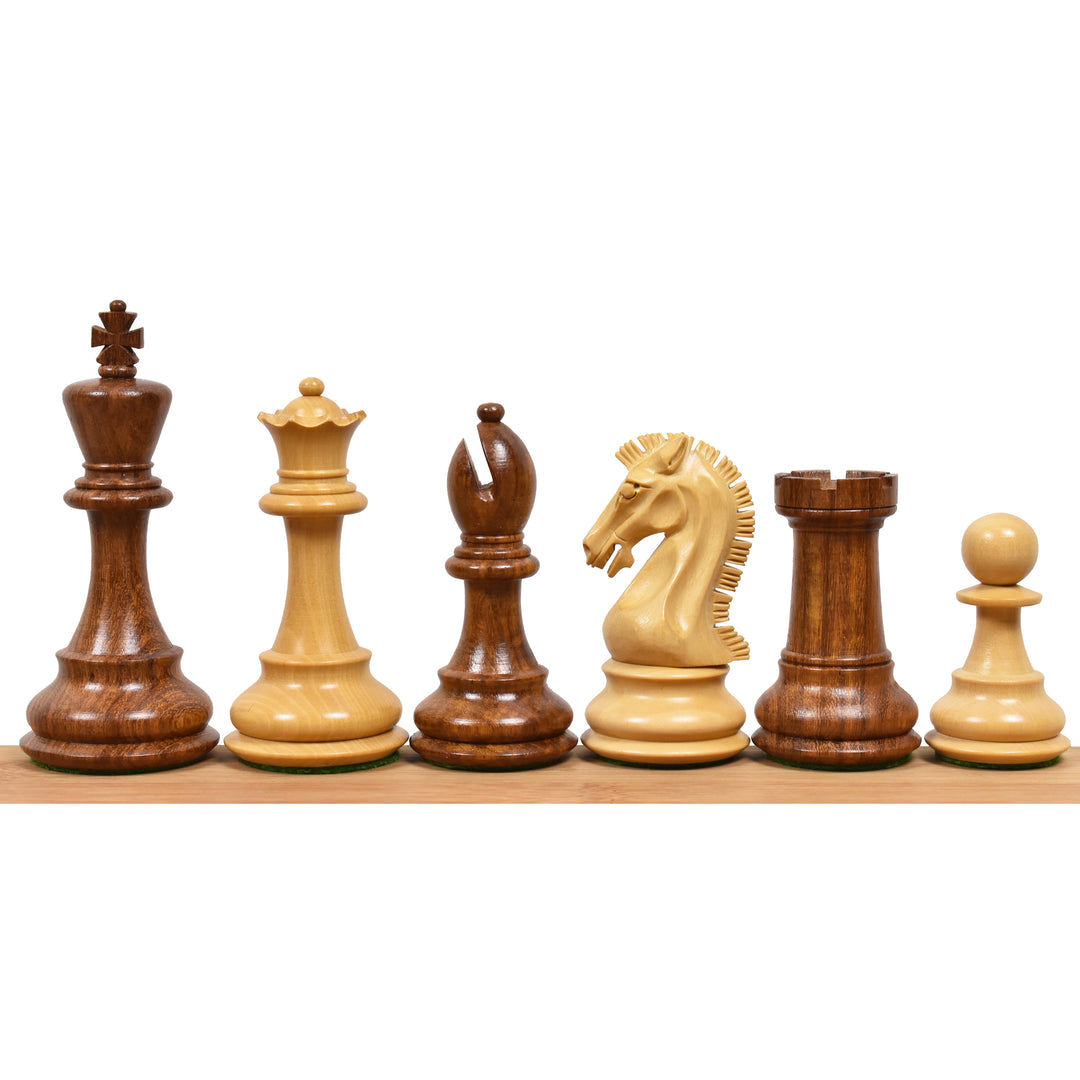Frequent Misconceptions About Chess Players Explained
Wiki Article
Why You Need To Play Chess: The Benefits of Participating In This Classic Pundit Challenge
Chess is greater than a simple video game; it acts as a rigorous psychological exercise that hones various cognitive abilities. Players take part in tactical thinking and establish analytical capacities, which can have enduring benefits in day-to-day life. The discipline needed for improvement promotes perseverance and strength. The true significance of chess exists not simply in its intellectual needs but in the connections it cultivates within a neighborhood. Exploring these dimensions exposes much concerning why chess remains ageless.Enhancing Cognitive Skills
Playing chess substantially boosts cognitive skills, making it a useful task for people of every ages. The video game demands tactical reasoning and insight, requiring gamers to expect their challenger's moves while formulating a winning method. This psychological workout develops emphasis and focus, vital parts of cognitive feature.
In addition, chess motivates creativity, prompting players to discover innovative strategies and unique techniques to the game. As they browse the chessboard, individuals create persistence and durability, important qualities for cognitive development. Generally, the complex cognitive advantages of chess make it an enriching search, advertising long-lasting mental agility and intellectual engagement.
Improving Problem-Solving Talents
Numerous research studies have shown that participating in chess can substantially enhance problem-solving capacities. The game requires players to assess complicated positions and prepare for the challenger's relocations, fostering crucial assuming abilities. As they browse various situations, chess gamers establish the capability to evaluate several outcomes and make tactical decisions under pressure. This procedure enhances their ability to method real-life troubles with an organized mindset.In addition, chess promotes the identification of patterns and the application of logical reasoning, abilities that are vital in effective analytical. Gamers find out to examine risks and incentives, refining their judgment in uncertain circumstances. The repeated nature of chess play strengthens these skills, permitting individuals to move their improved analytical abilities to scholastic and expert contexts. Inevitably, chess serves as a beneficial device for any individual seeking to hone their analytical abilities and boost their general cognitive functioning in difficult circumstances.
Cultivating Patience and Technique
While involving in chess can be an amazing experience, it also calls for a substantial level of perseverance and discipline. Players should find out to very carefully take into consideration each relocation, evaluating potential outcomes and approaches. This thoughtful method promotes a way of thinking that values long-lasting success over prompt gratification. In chess, rash choices typically result in unfavorable repercussions, strengthening the relevance of taking one's time to analyze the board and anticipate a challenger's actions.
Technique is further grown through constant method and research study. Gamers often devote hours to improving their abilities, researching strategies, and evaluating past video games. This dedication to understanding the video game infuses a sense of obligation and determination, essential qualities that expand past the chessboard. Eventually, the combination of persistence and technique not only improves a player's chess capabilities however likewise adds to individual growth, outfitting people with important devices for maneuvering obstacles in different aspects of life.
Fostering Creative Thinking and Imagination

Planning actions involves not just reasoning but likewise the ability to prepare for an opponent's reactions, encouraging gamers to visualize multiple pathways and options. As gamers explore various tactics, they learn to innovate and adjust, enhancing their innovative problem-solving skills.
In addition, the game's intricacy welcomes players to check out unique concepts and techniques, resulting in personal styles of play. This expedition nurtures a feeling of artistic expression, as each player crafts their very own strategy to obstacles on the board. Ultimately, chess becomes a canvas for creativity, permitting people to share their special point of views while creating their creative abilities
Building Social Connections and Community
Playing chess supplies chances for people to network through events and neighborhood chess clubs. These atmospheres foster links amongst players, developing a feeling of community focused around a shared passion. Participating in these activities not just improves abilities however additionally develops long lasting partnerships.Networking With Tournaments
When individuals participate in chess competitions, they usually locate themselves immersed in a vibrant area of like-minded individuals. These events give an excellent platform for players to forge links, share strategies, and celebrate their interest for the video game. Taking part in friendly competitors promotes camaraderie, as gamers from varied backgrounds come with each other to challenge each other. Networking opportunities abound, with numerous individuals forming long lasting friendships that prolong beyond the chessboard. Furthermore, these competitions typically browse around these guys attract enrollers and chess enthusiasts, further enhancing the potential for specialist connections. As players engage in discussions about techniques and experiences, they develop a network that can result in future collaborations and opportunities within the chess globe and past.Local Chess Clubs

Offering an Enjoyable and Engaging Difficulty
Chess offers a distinctively boosting experience that astounds players of every ages, as it integrates calculated thinking with the excitement of competitors. This ageless video game provides a compelling difficulty, urging people to think critically and artistically. Each match unravels as a battle of wits, where players have to expect their challenger's relocations while developing their very own techniques.The intellectual engagement chess supplies is matched by its ability to captivate. Players often locate themselves immersed in the video game, misplacing time as they click to read navigate intricate settings and tactical dilemmas (Chess). This enhanced focus promotes a feeling of success, specifically when a hard relocation brings about success
Chess promotes social communication, allowing gamers to bond over shared experiences and challenges. The game's limitless variants guarantee that no 2 sessions are alike, maintaining individuals passionate to improve their skills and approaches. This dynamic blend of difficulty and pleasure makes chess a tempting search.
Often Asked Questions
Can Chess Be Played Online or Only face to face?
Chess can be played both online and personally. On-line systems supply players the ease of competing against challengers worldwide, while in-person games cultivate social communication and physical visibility, enriching the overall experience.What Age Is Best to Start Knowing Chess?
Professionals suggest that kids can start finding out chess as very early as age 5 or 6. At this age, they can grasp basic ideas, enhancing cognitive skills while promoting a love for the game that lasts a lifetime.Are There Chess Tournaments for Beginners?
Yes, there are chess tournaments especially made for newbies. These occasions provide a supportive environment for amateur gamers to obtain experience, boost their abilities, and enjoy the affordable spirit of chess without dealing with sophisticated opponents.Exactly how Lengthy Does It Require To Become Competent at Chess?
Becoming efficient at chess usually requires consistent technique over several months to years. Variables such as individual devotion, prior experience, and research study of techniques greatly affect the moment needed to get to a proficient degree.What Resources Are Offered for Knowing Chess Approaches?
Numerous resources exist for finding out chess techniques, consisting of on the internet tutorials, books by distinguished writers, chess apps, and interactive sites. Lots of gamers likewise profit from signing up with local clubs or taking part in on-line discussion forums for real-time understandings.Report this wiki page